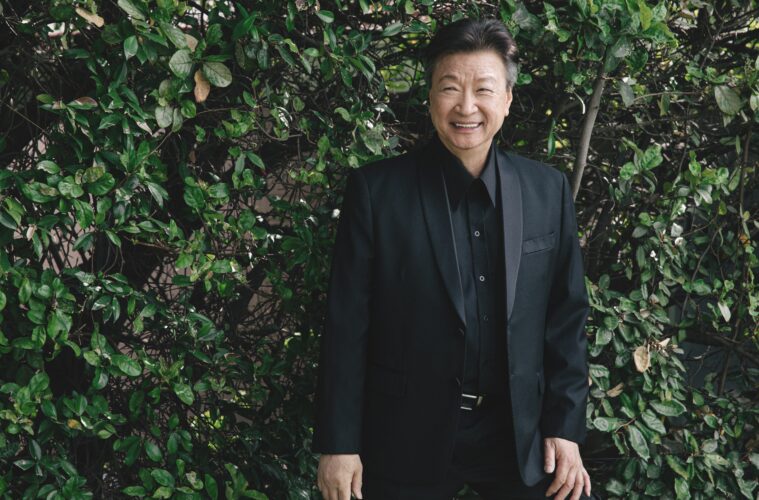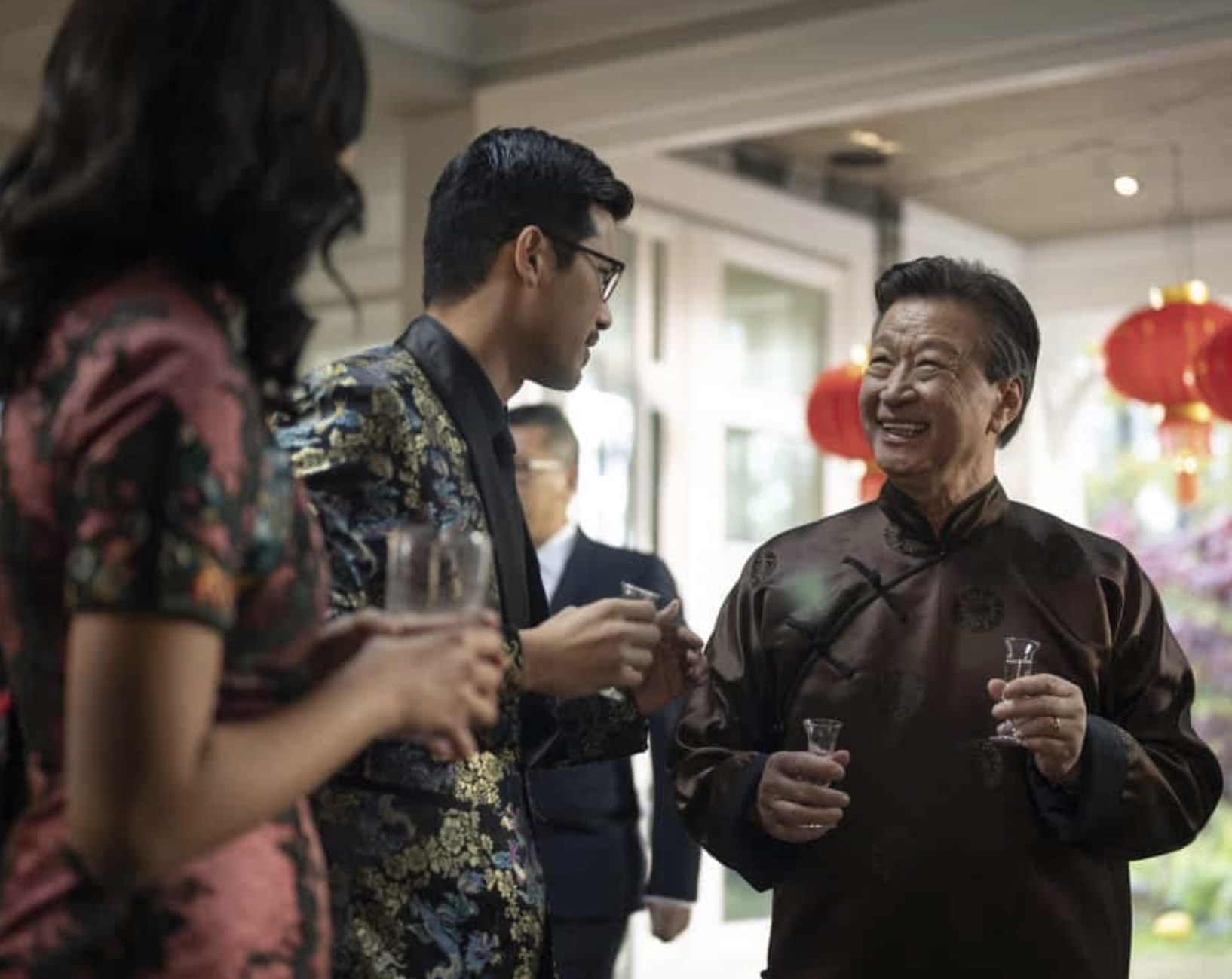Kung Fu follows a young Chinese American woman, Nicky Shen, who drops out of Harvard Law School and goes on a life-changing journey to an isolated monastery in China.
Upon her return, she finds her hometown is overrun with crime and corruption. Nicky’s parents Jin and Mei-Li are at the mercy of the powerful Triad.
Using her martial arts skills and Shaolin values, Nicky protects her community and brings criminals to justice.
The network drama features a predominantly Asian American cast and does a tremendous job of creating dimensional characters. By establishing cultural dynamics and nuances to both the American and Asian cultures, these characters feel relatable and prove to be a great representation of an Asian American family.
HOLR caught up with Tzi Ma—who plays Jin, the father of Nicky—and discussed the new series, his role as the father figure, and the Stop Asian Hate movement.
Tell us a little about the Kung Fu series and your character?
Kung Fu is a series that is action-packed, with a contemporary, funny, and exciting angle. It’s an opportunity for people to see a Chinese American family on screen and the culture of the Chinese people.
As for my character, I am the dad. He’s the patriarch; the man; the head of the household. Or so he thinks.
What do you hope people take away from this series the most?
I think what people would appreciate is that you have a show that has two big stories going on simultaneously. One is the action-packed part. It’s very exciting and something I think people will really enjoy. Action always transcends language, right? With action, you don’t tell people what’s going on, but rather people see what’s going on.
The other story is of Chinese American families. This depiction is something you probably would not often see represented on a television series in a dramatic form. More often, these families are represented in a sitcom situation. With Kung Fu, it’s presented in a dramatic action series. We also bring in some of the cultural aspects that you may not have seen either. At the root of it all, you’ll find there are a lot of similarities in all families—as well as there are differences. That is what makes us individuals.
I think a fun thing that we do is that we don’t tell you how to view our family, but rather we show you the story of them and leave your reaction to you.
From Mulan to Kung Fu, you’ve been known as a Asian father figure type in Hollywood. What is your favourite part about playing a father figure in these different types of movies and shows?
I feel as though the Asian American male has been underrepresented in some way. As an Asian American, I really wanted to explore the different elements. We’re not perfect. There’s some things that we do that we can correct. Hopefully we get an opportunity to hold a mirror up to ourselves and say “okay, we could use a little improvement here and there.”
In Kung Fu, Nicky—my daughter in the series—is represented in a way that is very powerful. As her dad, I’m very supportive and understanding. He nurtures that side of Nicky and that is something that, culturally speaking, is not normally welcomed.
There’s a lot of contemporary Americanness to him. One of my favourite dynamics is that Nicky is also his fishing buddy. They go fishing together and they play golf.
Is there a moment on set that you particularly loved and would like to share?
The family scenes are always exciting because everyone is in those scenes. Those scenes usually surround food and are so representative of who we are. You can see all the different dynamics around the table. It’s almost like Thanksgiving everyday and is always really fun to congregate around the dinner table.
Over the course of the COVID 19 pandemic—and of course prior to that—racism has been a pandemic in-and-of-itself in our society. There have been several movements aimed at targeting societal and systemic racism. The Stop Asian Hate movement has been circulating around social media in response to the horrific shootings. As a public figure, how have you navigated through these political and societal issues surrounding race and how do you plan on combating these topics through your own presence in the media?
Number one, I don’t shy away from it.
Number two, you know, whatever you think is new, it is not new. This has been happening to us throughout our existence. So now, it’s just compounded by this COVID-19 situation. The rhetoric that surrounds this is really detrimental to our community.
I have no short term fixes for what’s going on—but I think the long-term solution is shaping up. I think people are speaking out and our communities awakened. They are more active; more vocal.
I appreciate that because I reminisce on growing up during the civil rights movement in the Vietnam War era. People felt they had a stake in it and needed to speak up, understanding that indifference is actually a vote for the other side.
Our most vulnerable are being attacked. Particularly women and elderly. It breaks my heart, it really does. But let this be an awakening. Let us not stop the movement forward. Continue speaking up and speaking out. Let this be the awakening we need.
Feature Photo Courtesy: Diana Ragland



